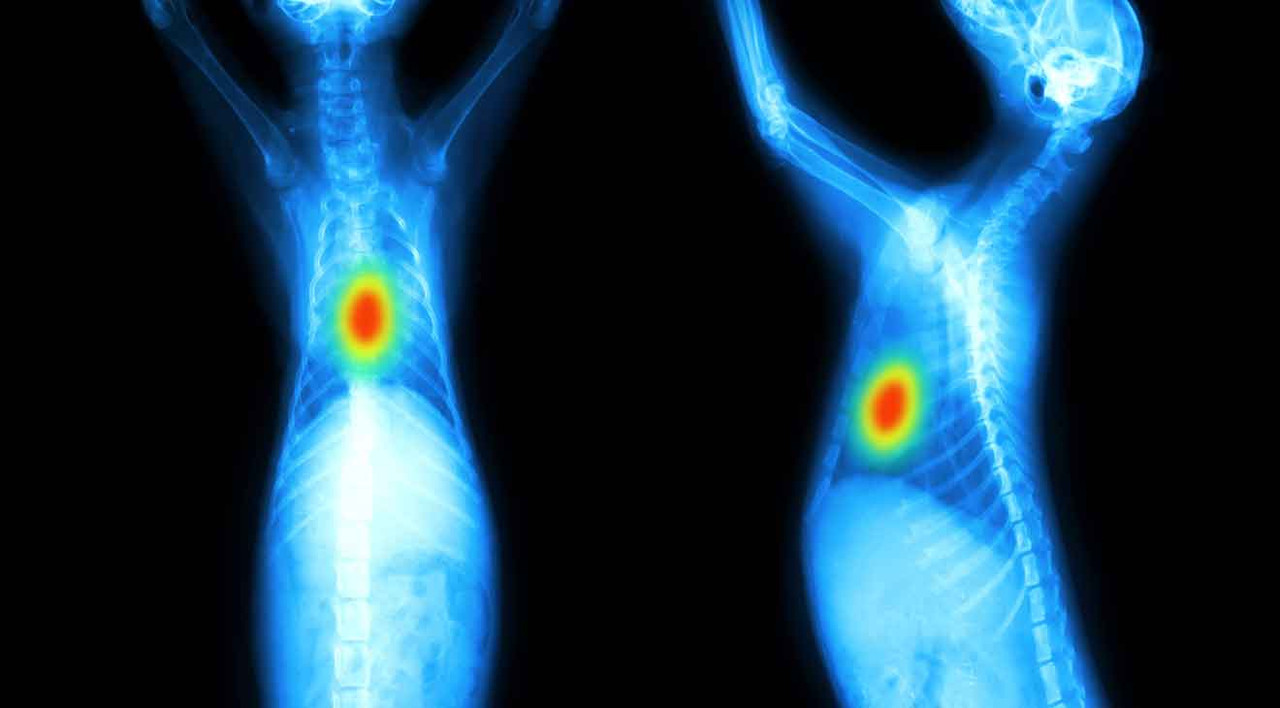4 Ways to Raise Pet Cancer Awareness All Year


Dogs and cats can get cancer too and it's on an alarming increase. Since May is Pet Cancer Awareness Month, I want to share some things you can do all year to raise pet cancer awareness.
I hope these tips will be helpful for keeping your own pets healthy as well as raising overall awareness for all pets.
Raising Pet Cancer Awareness
1. Keep your pets as healthy as possible.
No matter how healthy our pets are, it’s still possible for them to get cancer. But, we can potentially decrease their risk by doing everything possible to feed a high-quality diet, provide regular exercise and take them in for regular vet exams.
Keeping our pets fit is important for many reasons, but some studies indicate overweight pets face a greater risk for certain forms of cancer, said Dr. Jules Benson, a veterinarian with Petplan Pet Insurance.
He also said secondhand smoke is a health risk for our pets, so if you quit smoking you’ll not only improve your own health but your pet’s health as well.
Studies have shown a correlation between pets exposed to secondhand smoke and a higher likelihood of cancer, he said. For cats, there was a higher chance of oral cancer and lymphoma. For dogs, it was lung and nasal cancer.
2. Be supportive of other pet owners whose pets have cancer.
If someone close to you has a dog or cat with cancer, do something special for that person and the pet. For example, you could send a simple card that says “I’m thinking of you and Buddy.” Or maybe you could offer to check on the pet if your friend ever needs someone to do so. Or, you could drive the pet to a vet appointment.
If you don’t know anyone personally who had a pet with cancer, you could donate any amount to help pay for the cancer treatment or hospice care of a shelter or rescue animal.
3. Know which types of cancer are more common in your type of pet.
Educate yourself on the types of cancer your particular pet could be at a higher risk for. There are many different types of cancer, and some are more common in certain breeds or certain types of animals.
For example, lymphoma is one of the most common types of cancer in cats, according to Dr. Jeff Werber, a veterinarian in the Los Angeles area. Cats are also susceptible to mammary cancer.
As for dogs, Werber said many of the larger breeds, such as Rottweilers, have a higher risk of developing bone cancer (osteosarcoma).
He said boxers are unfortunately known as the “cancer dog” because of their predisposition to the disease. They have high incidents of brain tumors and mast cell tumors.
According to Benson, another dog breed with a higher risk of cancer is the golden retriever. He said the National Canine Cancer Foundation reported that one in three dogs overall will develop cancer in their lifetime, and 50 percent of dogs will die from some form of it.
“For golden retrievers, the fatality rate jumps to 60 percent,” he said.
4. Watch your pets for changes in their health.
Unfortunately, not all cancers have symptoms that are easily recognizable, according to Werber. But there are certain changes to watch for.
For example, vomiting or diarrhea could be symptoms of intestinal cancers, he said. You may also notice enlarged lymph nodes on a pet with lymphoma, and if the pet has skin cancer, you may notice visible skin lesions.
Pets with osteosarcoma will usually have a limp, he said. So, if your pet is limping for more than a few days he should be seen by a veterinarian.
Unusual lumps are another thing to watch for.
“With mast cell tumors, you can usually feel a lump or bump,” Werber said. If you find a lump on your pet, you should schedule a vet appointment.
He also pointed out that not all lumps are cancerous. And even if the lump is cancerous, it may be benign or not aggressive.
“Yes the word ‘cancer’ scares us all, but don't let it throw you,” he said. “Many cancers are treatable and quality of life can often be maintained, even during treatment.”
If your pet has cancer, he said your pet’s veterinarian may recommend a consultation with a cancer specialist, which can be helpful.
My heart goes out to anyone whose pet has been diagnosed with cancer.
Explore Popular Articles
-
Homemade Flea, Tick & Mosquito Repellent for Dogs: A Natural Recipe for Pet Parents
Jun 13, 2025Beyond the Buzz and Itch: Protecting Your Pup from Mosquitoes, Fleas, and Ticks As pet parents, we w
-
Can My Dog Eat This? A List of Human Foods Dogs Can and Can't Eat
Jun 04, 2025As loving dog owners, we consider our furry companions members of the family. They share our homes,
-
How Long Are Dogs Pregnant - Tips for Care & Safety
May 15, 2025Congratulations! If you’re reading this, your furry friend is likely expecting a litter of pup




